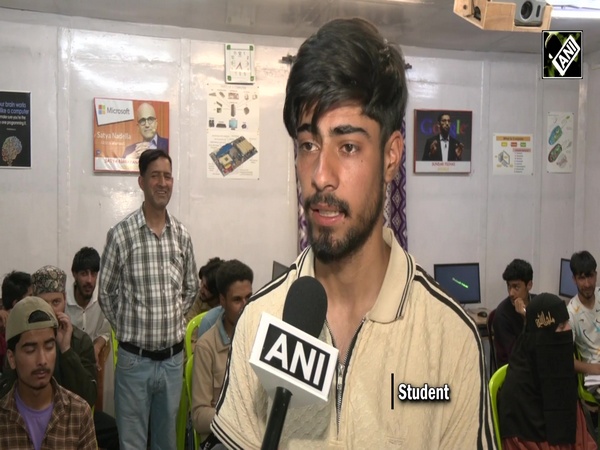
SC directs Centre to make digital KYC accessible to people with disabilities
Apr 30, 2025
New Delhi [India], April 30 : The Supreme Court on Wednesday ruled that the eKYC (digital Know Your Customer) process must be made accessible to people with disabilities.
A bench of Justices JB Pardiwala and R Mahadevan, while pronouncing a judgement on PIL pleas seeking directions to the government regarding problems faced by acid attack victims and blind or persons with low-vision in being able to complete the eKYC process, stated that the right to digital access is intrinsic to Right to Life under Article 21 of the Constitution of India.
"In such circumstances, the State's obligations under Article 21- read in conjunction with Articles 14,15 and 38 of the Constitution - must encompass the responsibility to ensure that digital infrastructure, government portals, online learning platforms, and financial technologies are universally accessible, inclusive and responsive to the needs of all vulnerable and marginalised populations," the SC said.
"Bridging the digital divide is no longer merely a matter of policy discretion but has become a constitutional imperative to secure a life of dignity, autonomy and equal participation in public life. The right to digital access, therefore, emerges as an intrinsic component of the right to life and liberty, necessitating that the State proactively design and implement inclusive digital ecosystems that serve not only the privileged but also the marginalised, those who have been historically excluded", the top court added, in its 62-page judgement.
The bench also issued a series of directions to the Centre and other authorities to ensure that the digital KYC process is accessible to persons with disabilities.
Pertinently, the directions mandate that all regulated entities (REs), both government and private, adhere to prescribed accessibility standards, with each department appointing a nodal officer responsible for digital accessibility compliance.
These entities must also undergo periodic accessibility audits by certified professionals and include blind individuals during the user acceptance testing phase of app or website development and updates.
Additionally, the Reserve Bank of India (RBI) is directed to issue guidelines to ensure that alternative, inclusive methods are available for verifying customer "liveness" during Digital KYC or e-KYC processes, moving beyond methods like eye blinking, which may not be accessible to persons with disabilities.
Furthermore, the RBI must clarify that customer onboarding through video-based KYC (V-CIP) does not require eye blinking, making the process more inclusive.
The directions also state that KYC templates and customer acquisition forms must be redesigned to record the type and percentage of disability, enabling institutions to provide accessible services or reasonable accommodations to customers with disabilities.

























